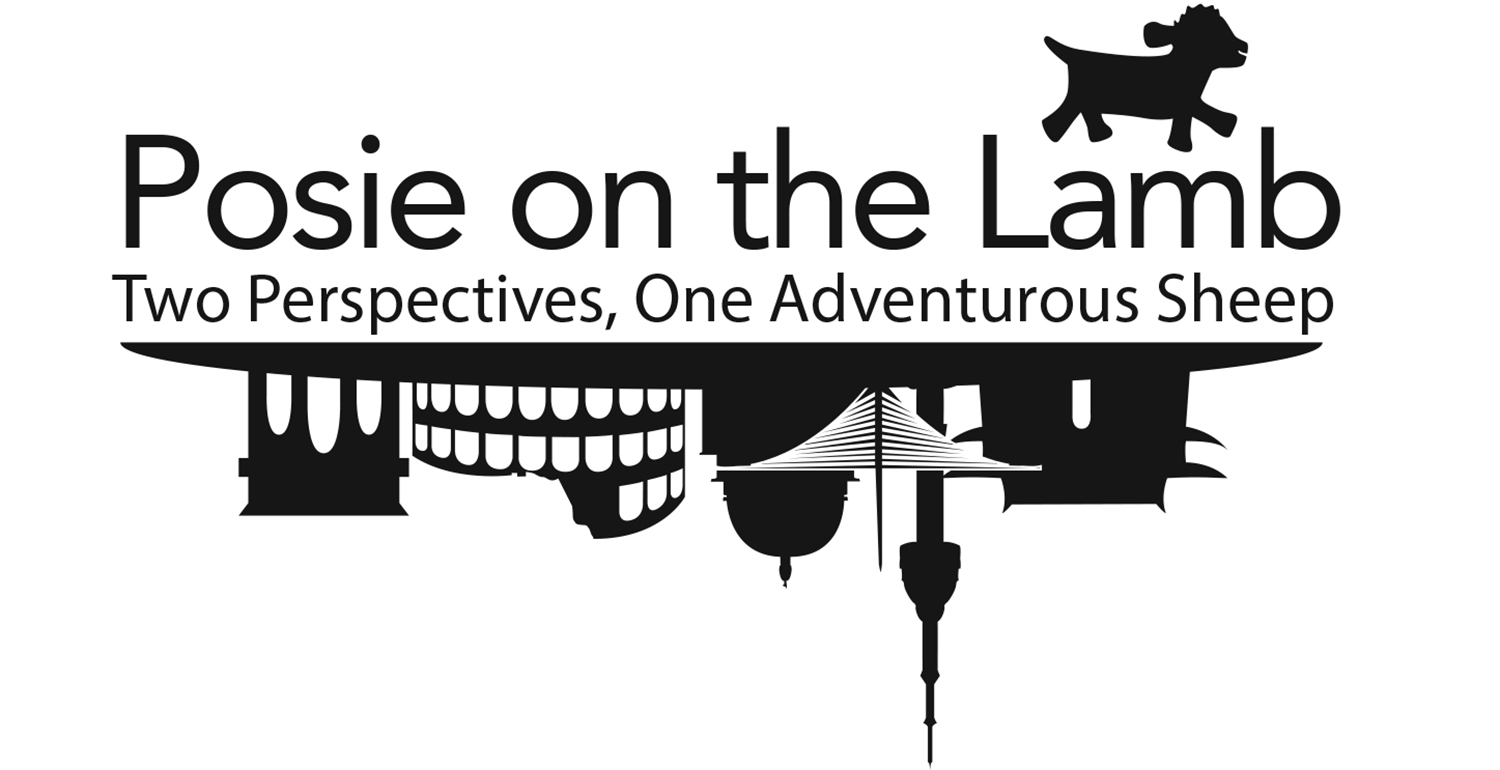Writing, Robots, and the Cruelty of Mr. Spock

Writing is hard. Editing is harder. Writing is adventure. I get to meet new characters, travel to new places, and explore the unknown! I get to have dinner on the moon, on the lip of Tycho Crater, or see the sunrise over the ruins of a forgotten civilization. I get to wander the heavens in a robotic rocket, see stars being born, see them die. I get to fly over the last Highway man will ever build aboard a steampunk airship, all copper and belching smoke, while dragons soar in distant updrafts. I get to play god, if only for a little while.
Editing, on the other hand, is taking all of that creativity and drowning it in the bathtub.
Sir Arthur Quiller-Couch, a British novelist of the late 19th and early 20th centuries, gave a series of lectures at Cambridge where he coined the phrase, “murder your darlings.” It has become one of the most often repeated pieces of writing advice, and the most brutal. At least for me, largely because the beautiful visions in my head are sometimes kind of stupid when I actually put them down on paper.
My inner editor is logical, demanding, and utterly un-poetic. He is, in short, a tiny Mr. Spock, reminding me of all those annoying grammar rules, and all the places where reality makes what I’m doing impossible. If I don’t at least think about that, then I’m throwing around increasing quantities of Handwavium, and that makes it harder for a reader to go along for the ride.
“David Chandler and Marcus Lied bow to the alien ambassador. It reciprocates, as well as its bizarre anatomy will allow. The Earth men gesture at the elaborate dinner table, inviting their guest to sit. It's a spectacular view, right on the edge of Tycho Crater in the Moon's southern highlands. The crisp, white tablecloth contrasts sharply against the grey powder. There are silver dishes, a sumptuous feast and a row of handsome chairs with a dark, oaky finish. A robot butler appears carrying the wine list."
"How is everyone breathing? You said this was the Moon, right?"
"Well, uh... Maybe they've got space suits on. I mean, the robots don't need that-"
"Of course."
"But maybe everyone else is just wearing a suit."
"Then how is anyone expected to eat anything? It is generally not wise to open one's visor in a vacuum, even if one is anticipating a gourmet experience."
"Okay, so they're not wearing space suits. David and Marcus have been genetically modified to be super resistant to vacuum, and they can go for hours without breathing, all in preparation for this very auspicious summit."
"Lovely. I see you mentioned wine. Crystal glasses?"
"Of course."
"And steak, perhaps? With potatoes and greens?"
"Ooooh! That sounds awesome!"
"And unfortunate. The wine has most likely bubbled away to nothing, since there's no atmosphere. Your steak will have the consistency of a hockey puck, for similar reasons, and the less said about the condition of your vegetables, the better. The potatoes are most likely intact, though. Perhaps a bit tasteless, but edible, at least."
"Fine. Then there's an electro-static... magnetic... polar... field thingy that completely surrounds everyone. It keeps in an atmosphere, so they can sit and enjoy dinner without having to worry about all that stuff."
"More Handwavium. Very good. Additionally, have you considered the possibility that your alien guest may not have a compatible biology? The air may be toxic. The food may be poisonous. It would be unfortunate, to say the least, if the first diplomatic contact between aliens and humans ended with a dead ambassador.
"Fine! Then maybe it's one of those Star Trek aliens. You know... the ones who are basically human, but have funny stuff on their foreheads?"
"Also, I should note that you missed an Oxford Comma after 'sumptuous feast.'"
"Sigh."
Now, don’t misunderstand. I’m not saying that fantastic settings full of impossible things should not feature in good writing. That would just be silly (especially since I write science fiction/ fantasy YA). I'm saying that the best writers have to spend time thinking about all the things that make their fantastic settings possible. They build worlds that feel whole, historic, and lived in. Sometimes, a little handwavium is okay. Without it, Mr. Spock and Captain Kirk would be separated by hundreds of light-years, instead of being just a warp-drive apart.
All I’m saying is, good editing requires logical consideration of all the details. And it requires that I be willing to let something poetic or beautiful die. It's hard, it's brutal, and it is utterly unsentimental.
And you can't tell a good story without it.
-Sam
